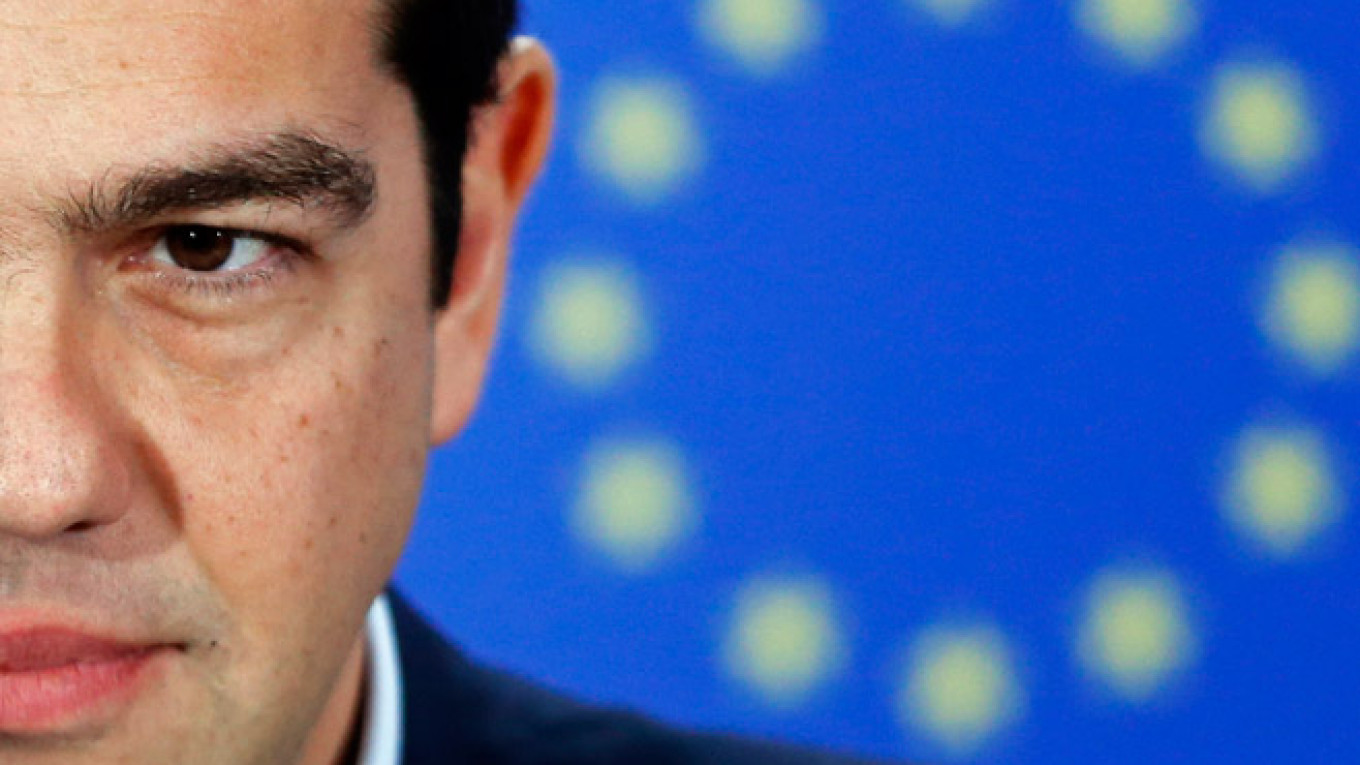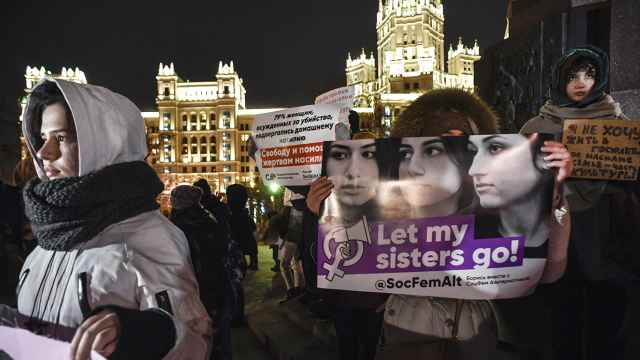Greece's veto power on further European Union sanctions against Russia is one of the most important "weapons" of the new Greek government, led by the radical left party of Syriza and its influential leader, Alexis Tsipras.
The new coalition government of Syriza and the Independent Greeks (ANEL), a Eurosceptic right-wing party founded by Panos Kammenos in 2012, has been given a mandate to negotiate the unsustainable level of Greek debt and reject austerity policies.
However, almost all EU governments are against further renegotiations on the payment of the Greek debt and especially against the write-off of the debt. Greek Finance Minister Yanis Varoufakis recently admitted that the Greek government would no longer call for a write-off of the debt, but would instead propose swapping it for new growth-linked bonds.
The new Greek government is not as cohesive as it might appear. The alliance between Syriza and ANEL was made in less than two hours and some analysts were surprised that the new prime minister chose to form a government with a right-wing party.
The relationship between ANEL leader Panos Kammenos and the Russian government may have been a factor in this decision.
Now Greece's defense minister, Kammenos formally opposed the EU sanctions against Russia one week before the Greek general elections. He also enjoys good relations with high-profile Russian politicians and continues to be invited to Moscow.
On his first day as defense minister, Kammenos said that Greece would ''improve relations with non-NATO states," and mentioned Russia specifically. Furthermore, the new Greek Foreign Minister Nikos Kotzias, has been linked with the Russian nationalist political philosopher Alexander Dugin.
Syriza, however, is keeping its options open. Greek Finance Minister Yanis Varoufakis has officially asked for American intervention to help resolve Greece's economic problems. Following this appeal, U.S. President Barack Obama stated that the best way to reduce deficits in Greece is to adopt a growth strategy without squeezing citizens through austerity.
The United States does not want to see one of their traditional allies gravitate toward Russia and therefore it is likely that they will pressure Germany to give Greece some leeway on debt relief. The future of EU-Russia relations could depend on negotiations between Greece and its creditors.
Though Syriza has advocated increased secularism and has suggested downgrading the state's relations with the church, strong religious ties remain between Greece and Russia.
The ''Orthodox Christian alliance'' was visible in 1999, when Greeks protested against NATO's bombing of mostly Orthodox Yugoslavia, which Russia also opposed.
It is also important to highlight that the majority of Syriza's members once belonged to the Greek Communist party and therefore have been "politically raised" within a bipolar world where Moscow was their main bulwark. Their past, alongside the religious bonds between the two countries, will make the country's Western allies feel uncomfortable.
As long as Greece's EU partners do not retreat from their positions on sanctions, the Kremlin can hope that its new ally will ease EU-Russia tensions and influence other member states to do so. It is clear that some EU member states are unhappy with the bloc's current Russian policy, so Greece may find widespread support for a new approach.
However, if Greece's creditors satisfy its demands, Greek foreign policy might gradually change, despite official declarations coming from Athens that these two issues should not be correlated.
Whatever the outcome, Greece remains in a strong position as long as it can play Russia and Europe against each other.
Dimitris Sourvanos is a research assistant at the Hellenic Observatory at the European Institute, London School of Economics and Political Science (LSE).
A Message from The Moscow Times:
Dear readers,
We are facing unprecedented challenges. Russia's Prosecutor General's Office has designated The Moscow Times as an "undesirable" organization, criminalizing our work and putting our staff at risk of prosecution. This follows our earlier unjust labeling as a "foreign agent."
These actions are direct attempts to silence independent journalism in Russia. The authorities claim our work "discredits the decisions of the Russian leadership." We see things differently: we strive to provide accurate, unbiased reporting on Russia.
We, the journalists of The Moscow Times, refuse to be silenced. But to continue our work, we need your help.
Your support, no matter how small, makes a world of difference. If you can, please support us monthly starting from just $2. It's quick to set up, and every contribution makes a significant impact.
By supporting The Moscow Times, you're defending open, independent journalism in the face of repression. Thank you for standing with us.
Remind me later.






